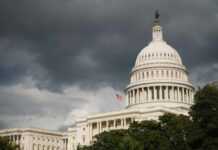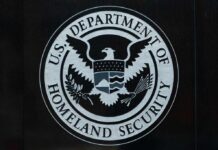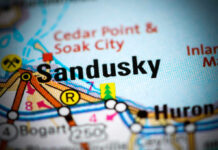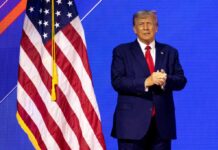
One of the many changes Twitter has undergone since Elon Musk acquired the company last year is the recent addition of a disclaimer to the accounts of media organizations with financial ties to a state government.
When the platform affixed its “U.S. state-affiliated media” label to National Public Radio’s profile, the network opted to stop posting to the dozens of accounts it operates. Twitter subsequently revised the label to read “government-funded,” but the broadcaster stood by its initial decision.
In an email announcing the departure, NPR wrote: “Our executives say the government-funded label calls into question our editorial independence and undermines our credibility.”
Claiming that Twitter is no longer a reputable outlet through which it can share its content, the organization added: “We are not putting our journalism on platforms that have demonstrated an interest in undermining our credibility and the public’s understanding of our editorial independence.”
As for the public funding it receives, the statement asserted that it is “essential to public radio’s service to the American public and its continuation is critical for both stations and program producers, including NPR.”
BREAKING: @NPR sends a cringe email to @elonmusk whining about his indisputably accurate labeling of their outlet as government-funded media…and not-so-subtly threatening a monopoly backlash.
Elon’s savage reply:
“Defund NPR” 🔥🔥 https://t.co/eLOBshHPnT pic.twitter.com/xwycTh5n49
— 𝐉𝐎𝐇𝐍⚔️𝐒𝐓𝐑𝐀𝐍𝐃 (@JohnStrandUSA) April 12, 2023
For his part, Musk reacted to the news by calling for the NPR to be defunded.
In response to the network’s disputed claim that less than 1% of its budget comes from the government, the Twitter CEO added: “Guess they won’t mind losing federal funding in that case.”
The Public Broadcasting Service, which also receives grants through the Corporation for Public Broadcasting, received a similar disclaimer and followed NPR’s lead in leaving the platform.
“PBS stopped tweeting from our account when we learned of the change and we have no plans to resume at this time,” said spokesman Jason Phelps. “We are continuing to monitor the ever-changing situation closely.”
Critics of both public broadcasting entities have long argued that they embrace a leftist editorial stance and should not receive public funding of any type.
Among the most recent examples of such apparent bias is NPR’s refusal to report on the controversies related to Hunter Biden’s laptop and decision not to air former President Donald Trump’s reaction to his recent indictment.
PBS has similarly come under attack for, among other things, using its children’s programming to promote COVID-19 vaccines and boosters to young kids.




























